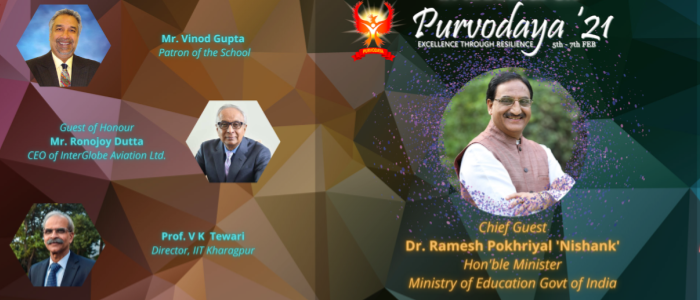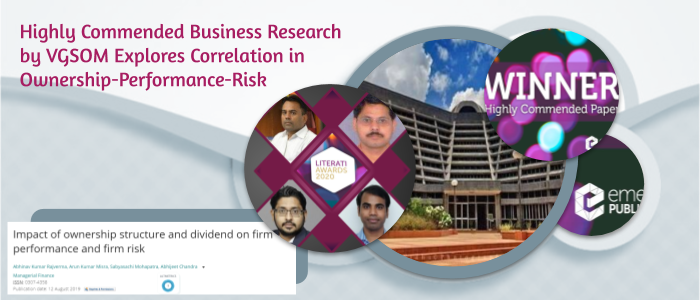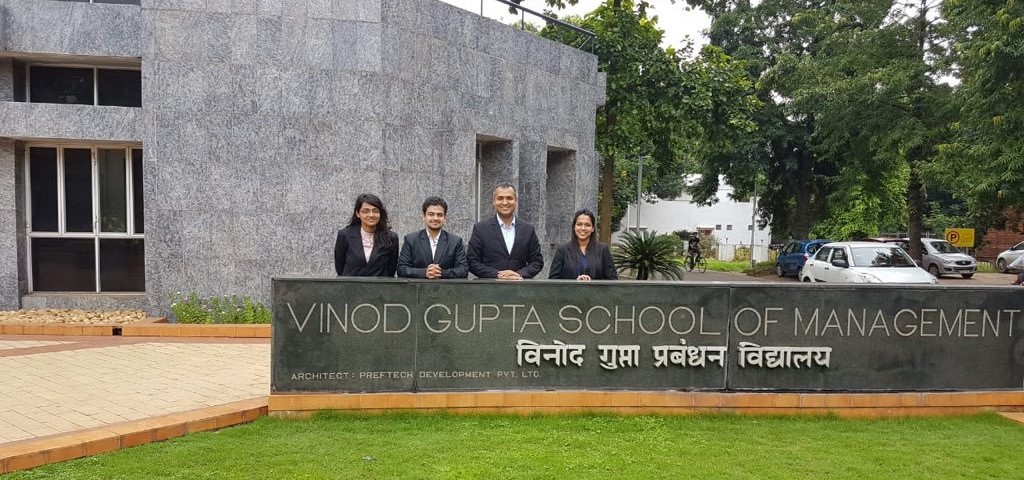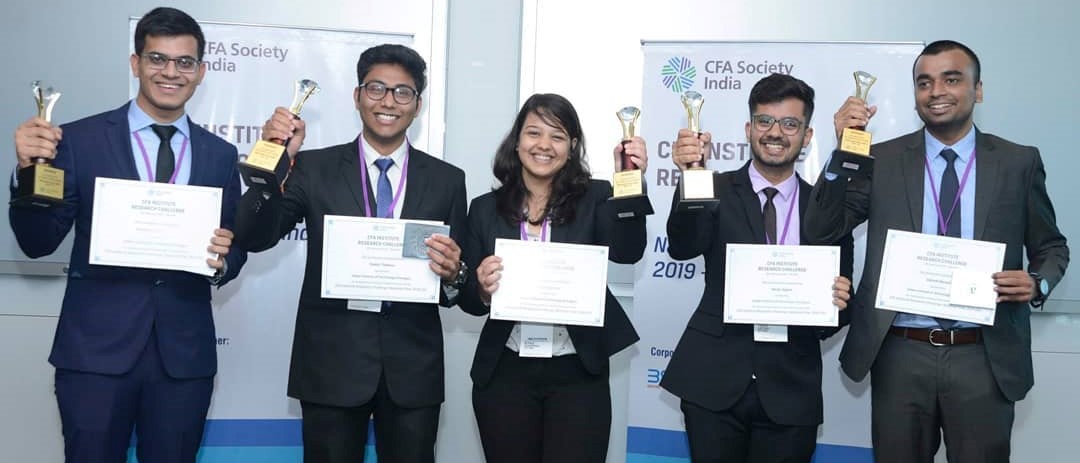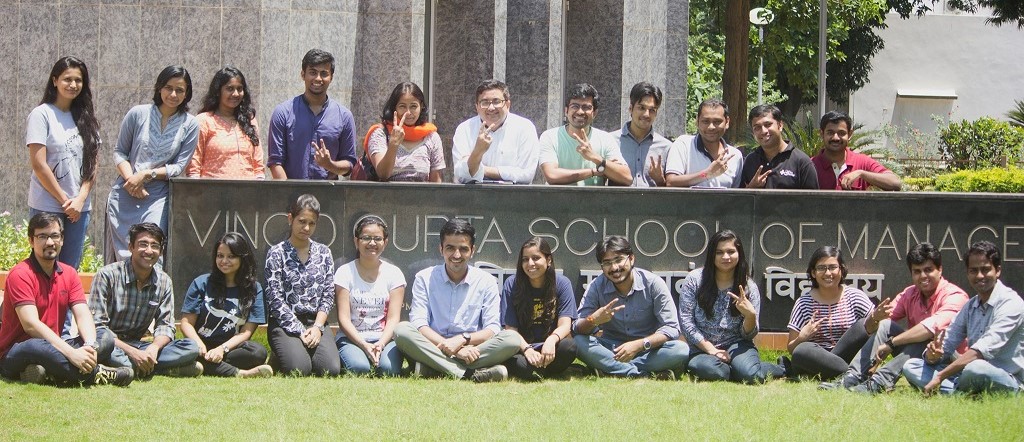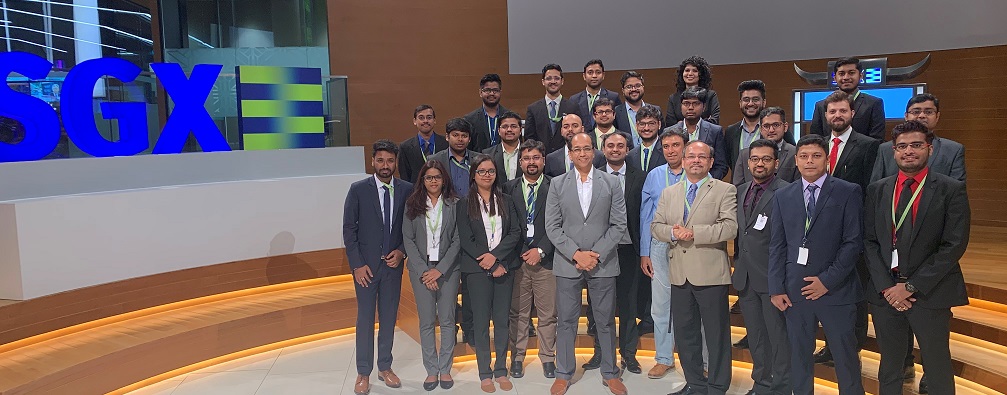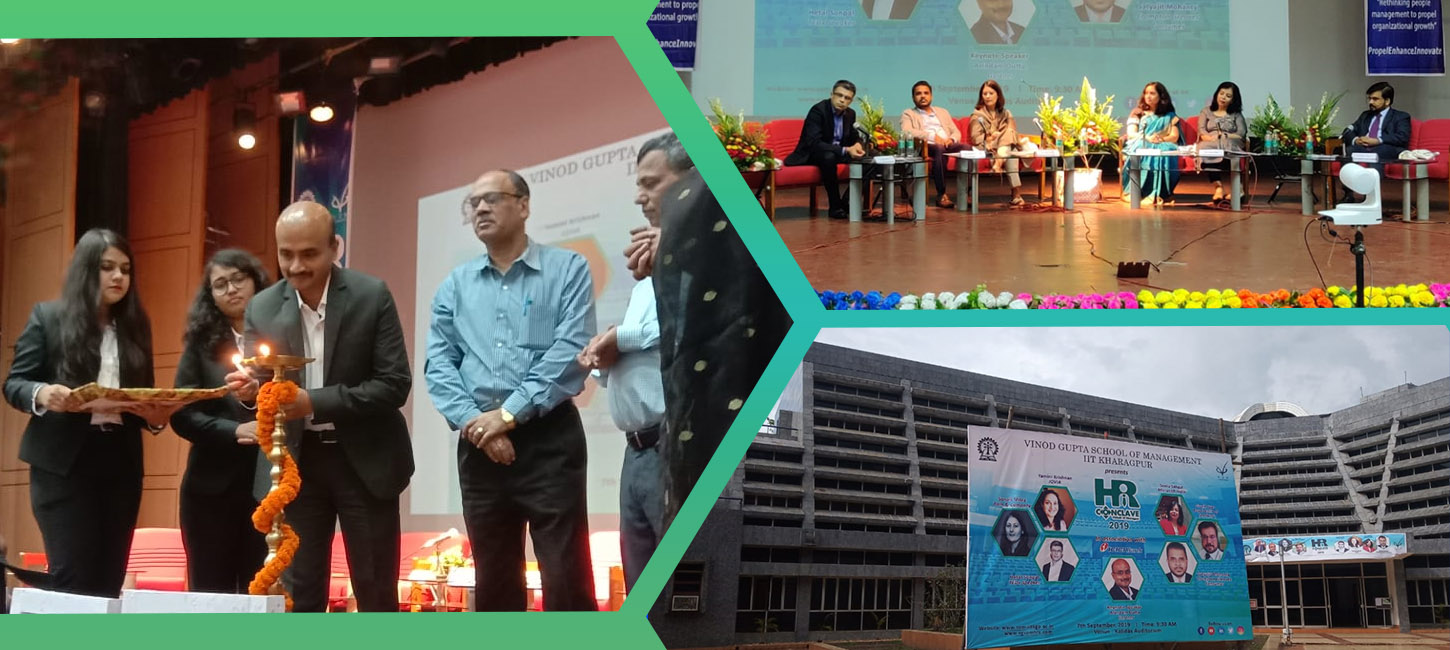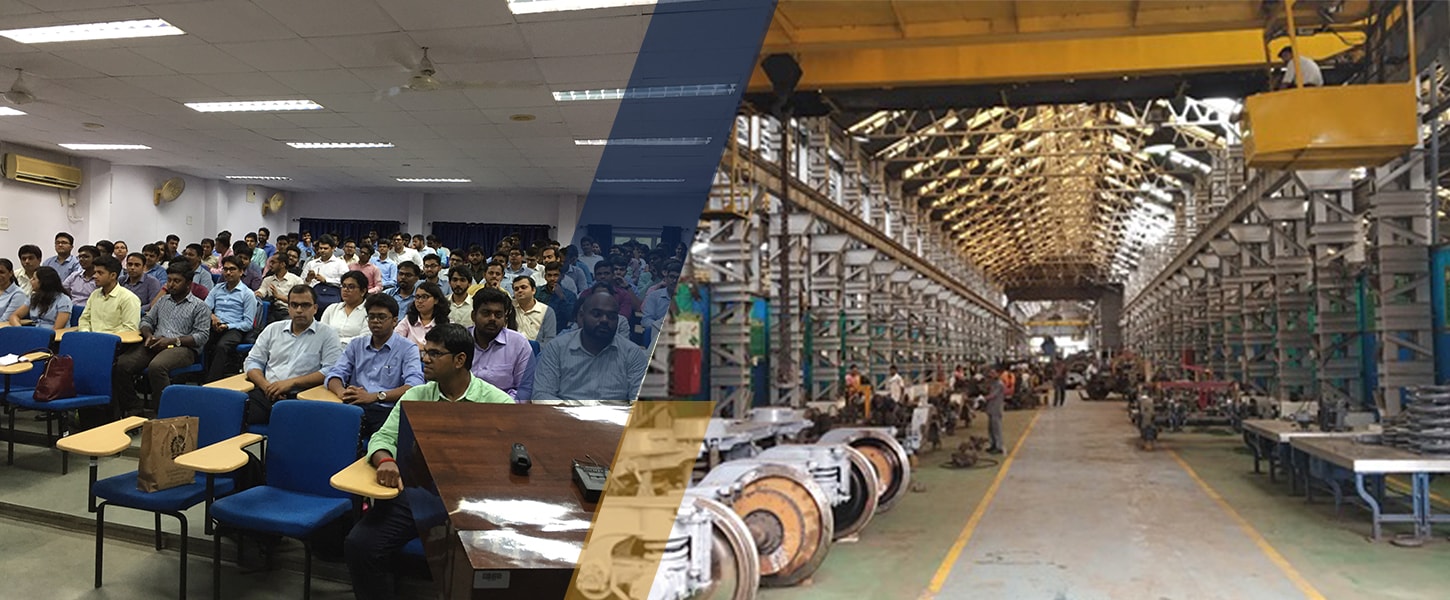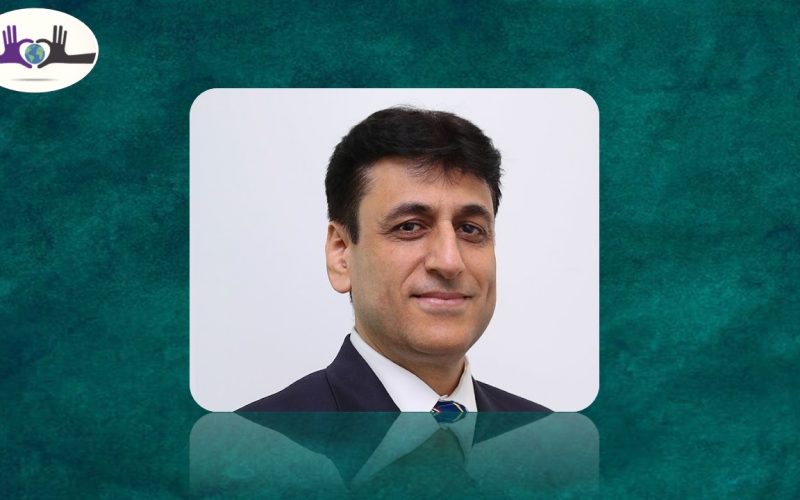
A Thoughtful Act of Kindness
Mr. Altaf Ahmed, an Alumnus of IIT Kharagpur donates three laptops to the students in need Kind words are short and easy to speak but their echoes are truly endless. It is rare to meet people who are contemplatives in the heart of the world and contribute to the act of benevolent philanthropy. Not aspiring to any recognition, they merely engage and exhibit what we say is still good in the society that we live in. Mr. Altaf Ahmed, one of alumnus of IIT Kharagpur from Kashmir, now settled in UAE has been the epitome of empathy by his act…

